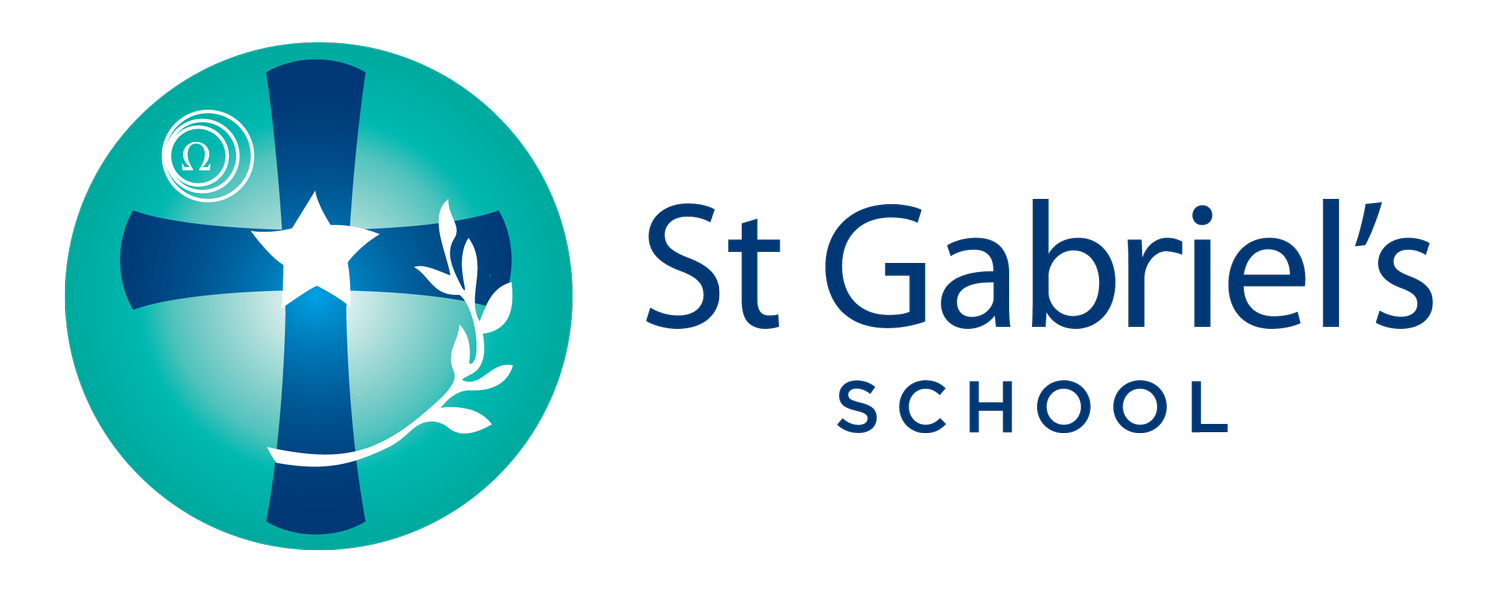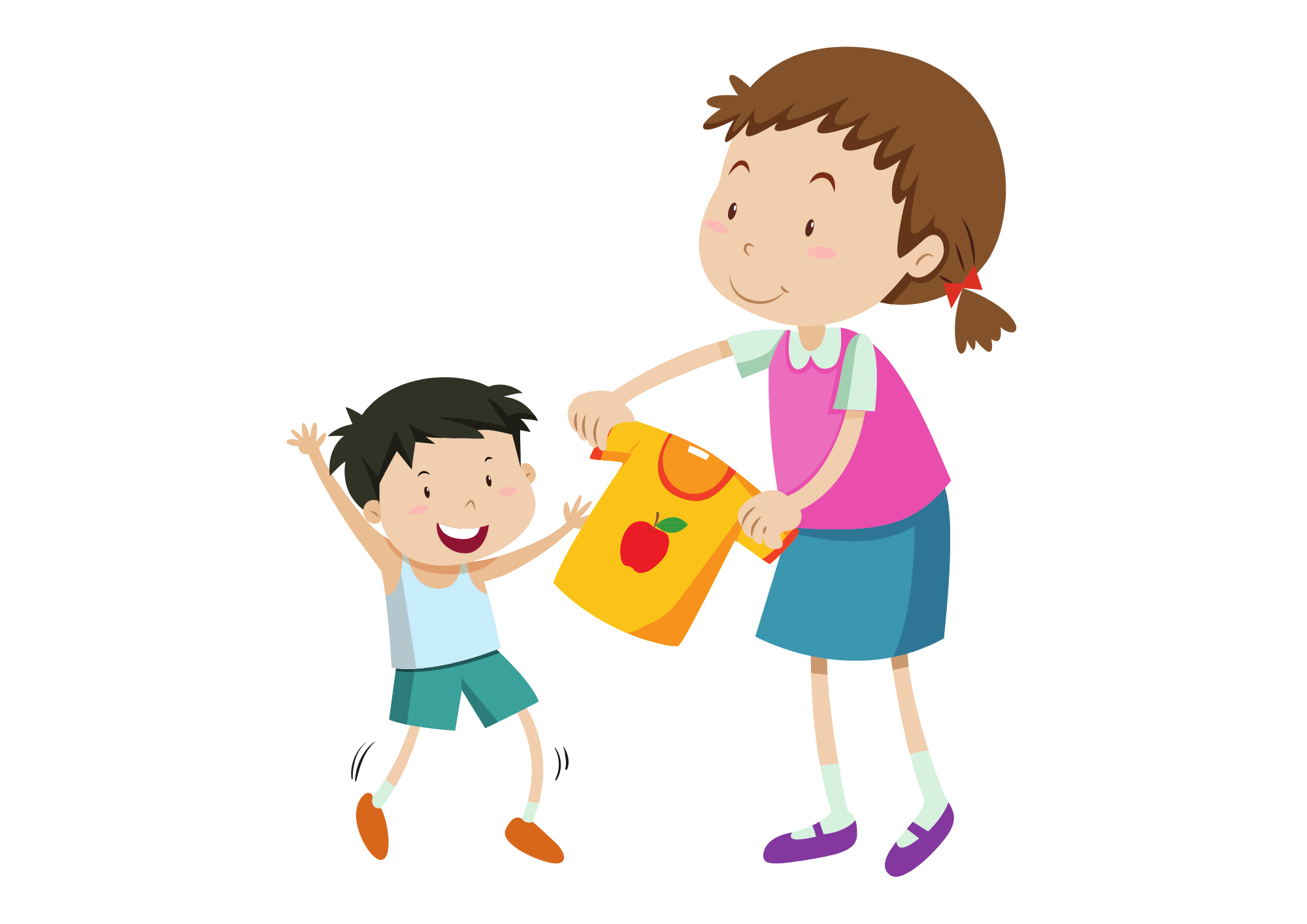Learning to Dress
Learning to dress independently is an important life skill. Understanding some strategies can assist to make this process easier:
Setting up
● Undressing is easier than dressing – expect your child to remove clothing items before they can put them on.
● Loose fitting clothes, as well as shorts and short sleeves tops are easier for dressing – try to start with these items when practicing.
● Timing is everything - rushing children will cause frustration and most likely discourage them. Choose a time of day that you have more time to practice this skill.
● Encourage an understanding of directional vocabulary such as up, down, in, out, back and front. These are important for following directions for dressing
Strategies
● Focus on giving simple directions when describing what needs to happen.
● Use your own clothing to demonstrate/model on yourself.
● Provide physical help called “hand over hand” assistance to gently guide the child through the steps. Reduce how much you help as they start to learn.
● Lay the item of clothing out on the floor first so the student can see where to put in their arms or legs.
● Sitting down on a chair or on the floor when dressing can make the task easier.
● It can also help to practice dressing in front of a mirror.
● Learning a new skill is challenging. Praise the student for any attempts and use rewards to motivate them to keep trying.
● Practice through play - practice dressing and undressing a large teddy or doll with infant clothing or practice through dress ups.
It is highly recommended that students wearing skirts to school wear bike shorts over their underwear to support their privacy and dignity at school.
Yvonne Pronk is St Gabriel’s Occupational Therapist. She has worked for over 8 years in a variety of paediatric settings in both Australia and the UK. This includes working within the community, family home, hospital clinics and specialist education settings, including pre-school, primary and secondary education settings. Yvonne holds a Bachelor of Health Science and a Masters in Occupational Therapy. She is driven to support students to achieve their best outcomes and individual goals. Yvonne is passionate about developing practical life skills and building independence for students to succeed in school life and their future.



